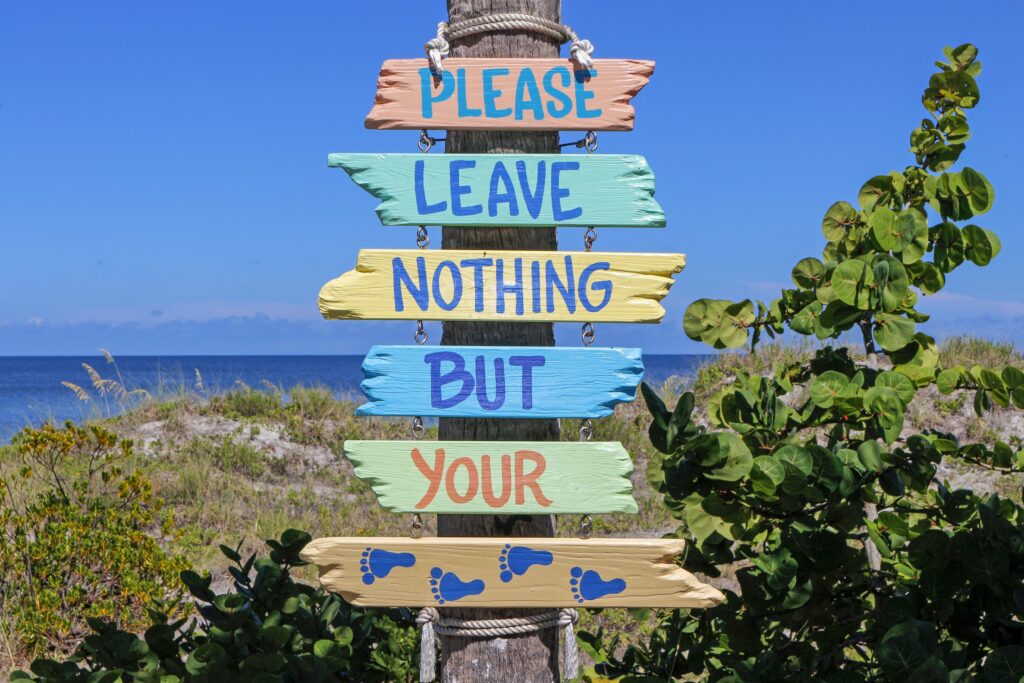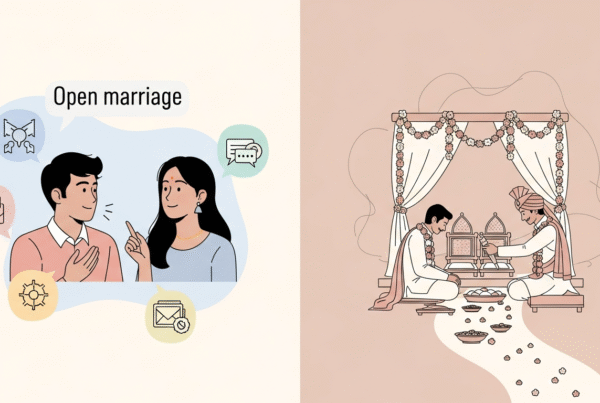Avoidant attachment is a type of attachment style that can impact how we form and maintain romantic relationships. People who have an avoidant attachment style may have a fear of intimacy and a tendency to distance themselves from their partner. They may also have difficulty with trust and expressing their emotions. We call them Islands.It’s important to recognize that avoidant attachment is not necessarily a bad thing. Everyone has different needs when it comes to intimacy and independence, and it’s okay to have boundaries and need space in a relationship. However, if you are an Island, it can sometimes be challenging.
One of the key challenges for Islands is a conflicted relationship with connection. If you are an Island, you may have a hard time opening up and sharing your feelings with your partner. You may avoid deep conversations or may feel uncomfortable being vulnerable. This can be frustrating for your partner, who may feel like they can’t get close to you emotionally.
It’s important to recognize that intimacy is a normal and important part of any fulfilling relationship. It’s okay to need space and independence, but it’s also important to be able to share your feelings and connect with your partner emotionally and not cause heartbreak. If you struggle with intimacy, it can be helpful to work on building trust and being more open and vulnerable with your partner. Intimacy coaches can be of great help here!

How Do I Know If I Am an Island?
Here are some common characteristics of Islands in relationships:
– Difficulty with intimacy: Islands may have a fear of intimacy and may struggle with getting close to their partner. They may avoid deep conversations or sharing their feelings and may have difficulty expressing their emotions.
– Independence: Islands are characterized by a strong need for independence and a desire to maintain a sense of control. You may prefer to be alone or spend less time with your partner in order to maintain your independence.
– Difficulty with trust: Trust issues are common among Islands. You may struggle with trusting your partner or may be hesitant to rely on them for support.
– Emotional distance: Avoidant attachment can lead to emotional distance in relationships. You may struggle with expressing your emotions or may feel uncomfortable being vulnerable with your partner.

Islands tend to move slowly in relationships, taking the time to get to know a person and build trust before committing. They often prefer to start with a friendship before considering a more serious partnership. This is a positive approach, as rushing into a relationship can often lead to discovering incompatible qualities or missing important red flags.
Islands may not express their feelings openly and may avoid talking about themselves, redirecting the conversation to the other person instead. Despite this tendency to be guarded, islands value deep and meaningful connections with those they allow into their lives. They value independence and autonomy and may need time alone to recharge. Islands also tend to avoid conflict and may take some time to share their thoughts and feelings, but honesty is important to them in order to reduce tension.
Islands are often empathetic, having experienced pain or trauma in their own lives, and are best matched with partners who are understanding and compassionate. They may struggle with communication but are willing to work on the relationship and appreciate constructive feedback.
 Here are some tips for dealing with Islands in relationships:
Here are some tips for dealing with Islands in relationships:
Practice self-care
Taking care of yourself is essential for managing avoidant attachment. Make sure to prioritize self-care activities like exercise, getting enough sleep, and spending time with friends and family.
Communicate openly with your partner
It’s important to be open and honest with your partner about your feelings and needs. Let them know when you’re feeling overwhelmed or unsure and try to work together to find solutions. Find what works best for you — do you need some time on your own to settle your emotions? Maybe you prefer being in the same room in silence when you’ve had an argument with your partner/s.
Practice mindfulness
Mindfulness involves being present in the moment and accepting your thoughts and feelings without judgment. Practicing mindfulness can help you manage anxious thoughts and feelings and improve your overall well-being.
Set boundaries
Establishing healthy boundaries in your relationship can help you feel more secure and less anxious. This may involve setting limits on how much time you spend together or setting aside time for yourself.
Learn to trust
Trust is a key component of any healthy relationship, and it can be especially difficult for Islands. But with time and effort, it is possible to learn to trust your partner and feel more secure in the relationship. Request behavior and communication that will help you trust your partner.
Dealing with Islands in relationships can be confusing, but with the right tools and support, it is possible to work with relational uniqueness and build fulfilling relationships. With time and effort, you can learn to ride the attachment wave and build the relationships you desire. Your attachment style can also change at different stages in life and with different partners, and Island can become a Wave, and a Ripple and even the entire ocean.





